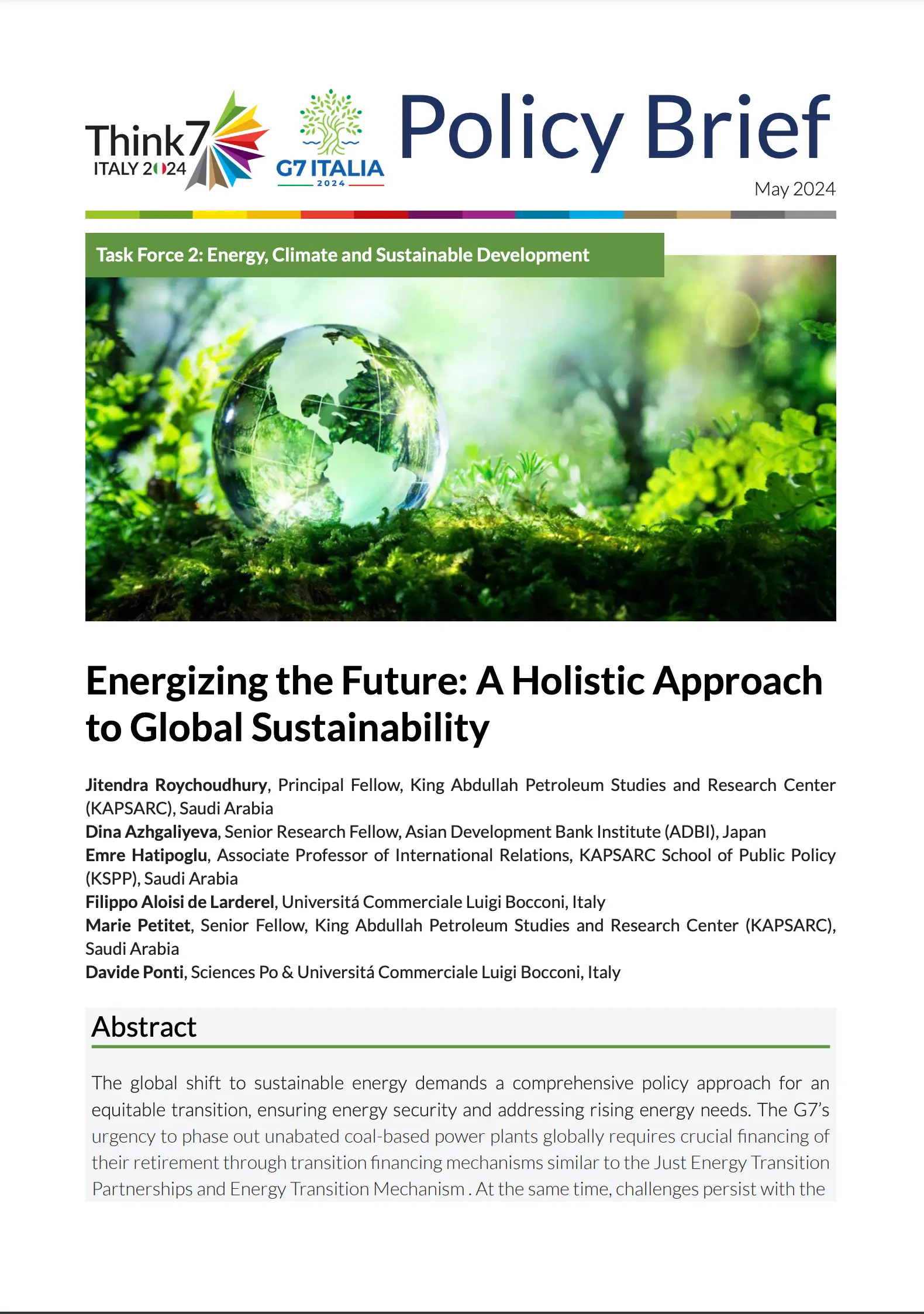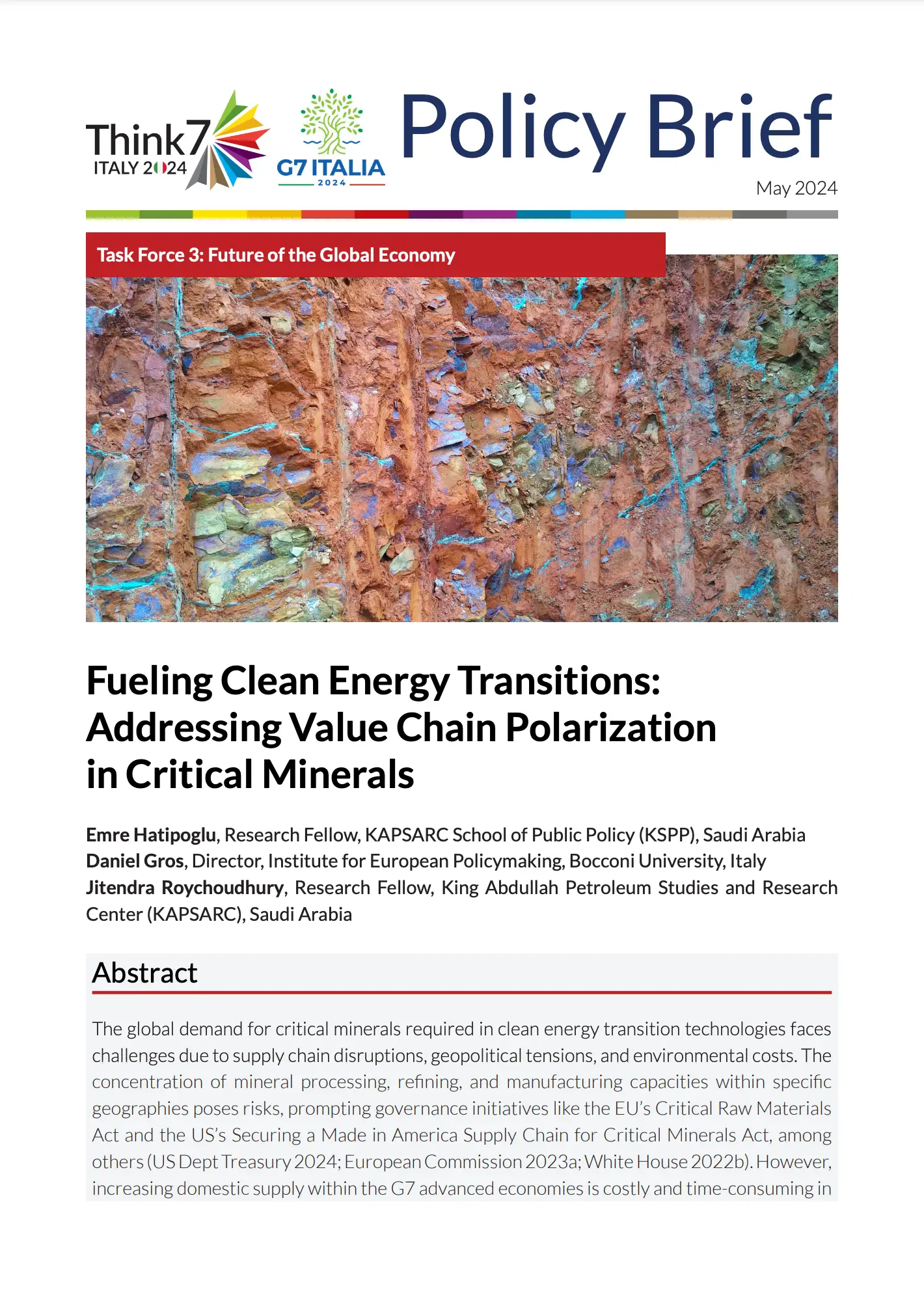Two significant changes in the research on international conflict have occurred in the last couple of decades. First, the realist perspective has been challenged by a large body of research that investigates the impacts of domestic institutions and other liberal factors on international conflict. Second, the emphasis on international conflict has moved from a focus on war to lower levels of conflict such as threats, displays, or uses of force by one nation-state against another. This article will review the effect these recent developments have had on the study of democratic peace theory, trade and conflict, and cultural theories of war.
Authors: Emre Hatipoglu and Glenn Palmer



